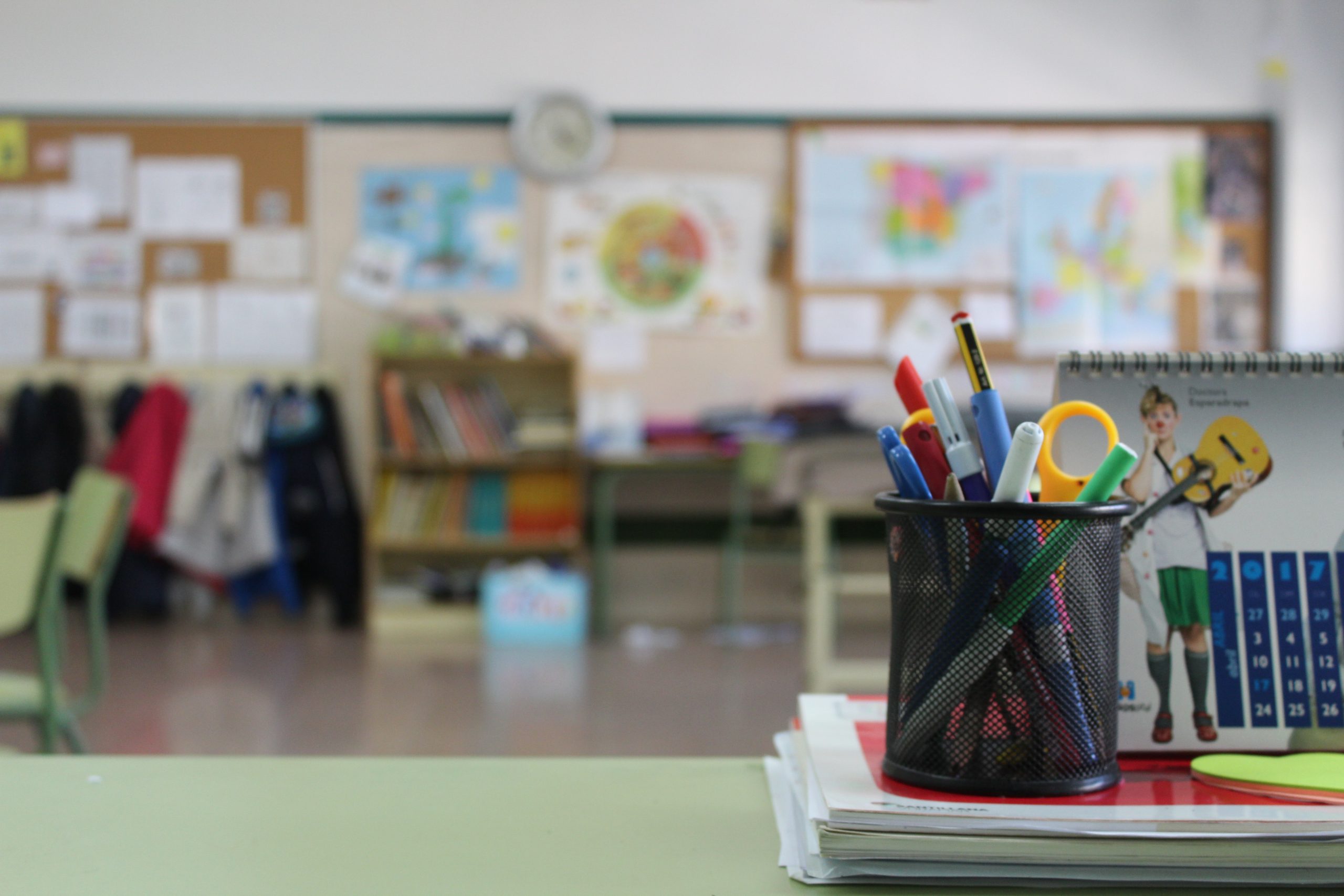Are you looking for strategies to help students who have trouble finishing classroom tasks? If so, keep reading.
1. Teach the student instruction-following skills (e.g., listen carefully, write down essential points, ask for clarification, wait until all instructions are received before beginning, etc.).
2. Practice instruction-following skills on nonacademic tasks.
3. Create task rules: • Listen to instructions. • Wait until all instructions have been given. • Ask questions regarding concepts that you do not comprehend. • Begin the task only when you are sure about what you are supposed to do. • Make sure you have all the appropriate learning materials, etc.
4. Provide directions/instructions before handing out learning materials.
5. Provide consistency in the classroom’s daily routine (schedule).
6. Let logical consequences happen (e.g., may not take part in extracurricular sports, may not earn graduation credit, etc.) due to the student’s failure to finish classwork.
7. Give the student shorter tasks (e.g., modify a 20-problem math learning experience to 4 learning activities of 5 problems each to be done at several times during the day). As the student demonstrates success, slowly increase the length of each task, and decrease the number of tasks.
8. Connect with the student’s parents (e.g., notes home, phone calls, etc.) to disseminate information about their child’s progress. The parents may reinforce the student at home for finishing tasks at school.
9. Indicate what is to be done for the conclusion of a task.
10. Designate one task at a time. Provide the student with ample time to finish it.
11. Support the student in writing an agreement for themselves designating a time to finish a task and avoid procrastination.
12. Create a timeline for finishing a project. Expect the student to meet each deadline to finish the project on time.
13. Provide consistent expectations within the capacity and ability level of the student.
14. Reinforce all measures of improvement.
15. Urge the student to create an understanding of the consequences of their behavior by writing down or talking through problems that may happen due to their failure to finish tasks (e.g., if the student does not focus on tasks in class, they may not pass the course. If they do not pass the course, they will not earn credit, etc.).
16. Urge the student to create an understanding of themselves and their surroundings. Train the student to periodically step back and ask himself/herself, “Am I on-task and finishing my tasks?” “What should I be doing now?”
17. Select a peer to model appropriate conclusion of the tasks during the time given for the student.
18. Observe the student during class tasks to encourage on-task behavior.
19. Praise the student for finishing tasks based on the amount of work they can successfully finish in a given period. As the student shows success, slowly increase the duration of tasks.
20. Give the student shorter tasks, which are given more regularly.
21. Consider using an education app to help the student sharpen their organizational skills. Click here to view a list of apps that we recommend.





